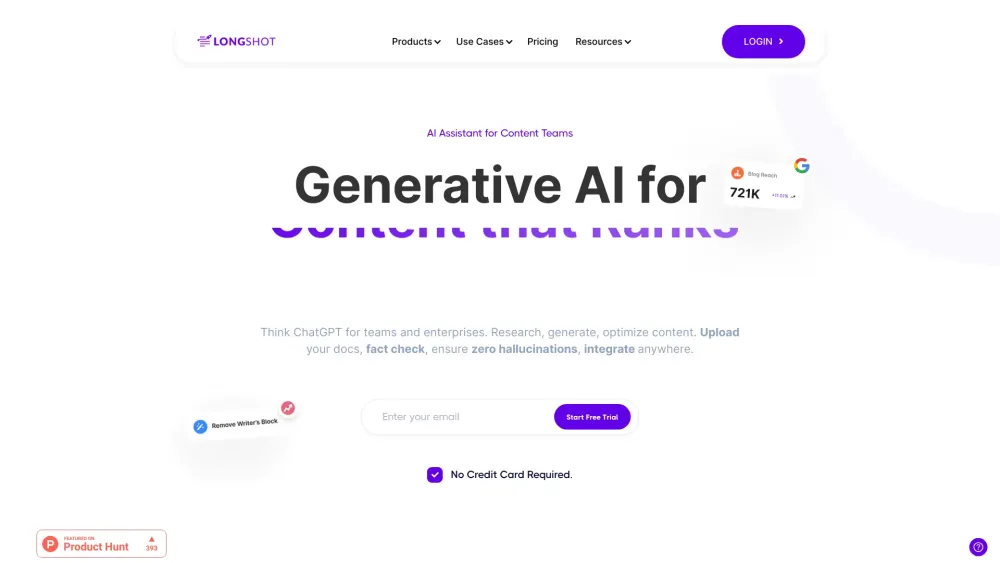Researchers at Google DeepMind have made a significant advancement in artificial intelligence with the development of a groundbreaking system called AlphaGeometry. This AI is designed to tackle complex geometry problems at a level comparable to that of Olympic gold medalists. Remarkably, AlphaGeometry excelled in solving these intricate problems without any prior human demonstrations during its training phase.
In a published study in Nature, the researchers highlighted that AlphaGeometry represents a pivotal breakthrough in AI capabilities. Traditionally, AI systems have struggled with complex mathematical and geometric challenges, primarily due to insufficient reasoning skills and a lack of diverse training data. To address these limitations, the team engineered a sophisticated model that integrates a neural language model, renowned for its predictive power, with a structured rule-based deduction engine.
When faced with particularly challenging problems, AlphaGeometry's design allows it to consult its neural language model for suggestions, enabling a collaborative approach to find solutions. Furthermore, the team innovated a method for generating a vast pool of synthetic training data—totaling 100 million unique samples—eliminating the need for human demonstrations altogether.
The success of AlphaGeometry is noteworthy. According to the researchers, “Solving Olympiad-level geometry problems is an important milestone in developing deep mathematical reasoning, paving the way towards more advanced and general AI systems.” Co-author Thang Luong emphasized the importance of this work on social media, stating that it represents a crucial step toward advanced reasoning, which is considered vital for achieving Artificial General Intelligence (AGI).
AlphaGeometry has been tested against 30 Olympiad geometry problems, where it impressively solved 25 within the typical time frame designated for Olympiad challenges. For context, the average human gold medalist manages to solve approximately 25.9 problems, while the previous leading AI system only completed 10 within the same period.
The unique blend of neuro-symbolic techniques within AlphaGeometry played a key role in its success. Neural language models excel at recognizing patterns and relationships in data but often lack the ability to elucidate their reasoning. In contrast, symbolic deduction engines are rooted in formal logic, utilizing clear rules to reach conclusions, albeit with a tendency to be slower and less flexible.
According to the researchers, “AlphaGeometry’s language model directs its symbolic deduction engine toward promising solutions for geometry problems.” The nature of Olympiad geometry challenges often involves diagrams that require the introduction of new geometric constructs—such as points, lines, or circles—to facilitate problem-solving. AlphaGeometry's language model is designed to predict which new elements would be most beneficial to introduce, thereby assisting the symbolic engine in making further deductions and progressing toward the solution.
AlphaGeometry's code and model are available for public access on GitHub, released as open-source software under an Apache 2.0 license, allowing for both research and commercial use. This advancement not only sets a new standard in AI performance but also opens up exciting possibilities for the future of AI in solving complex mathematical reasoning tasks.




